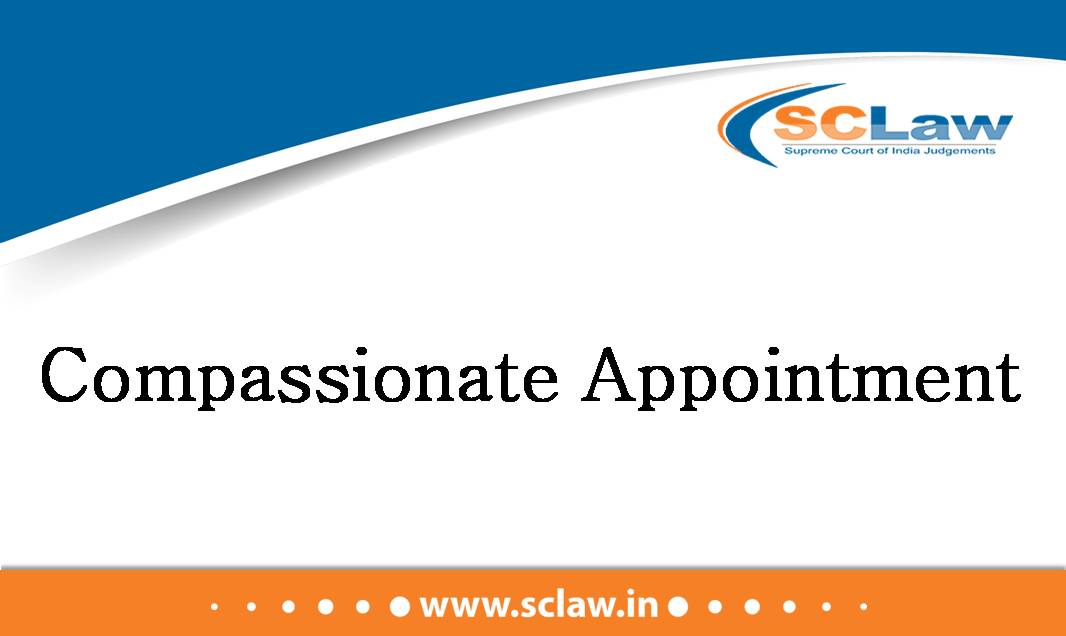(IPC) – Sections 302 and 34 – Murder – Common intention – Absence of a positive act of assault was not a necessary ingredient to establish common intention – No further evidence is required with regard to existence of common intention – plea that there is no role or act of assault attributed to him, denying the existence of any common intention for that reason – Appeal dismissed.
SUPREME COURT OF INDIA FULL BENCH SUBED ALI AND OTHERS — Appellant Vs. THE STATE OF ASSAM — Respondent ( Before : R.F. Nariman, Navin Sinha and Indira Banerjee,…









